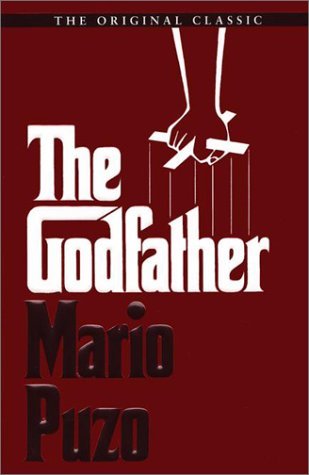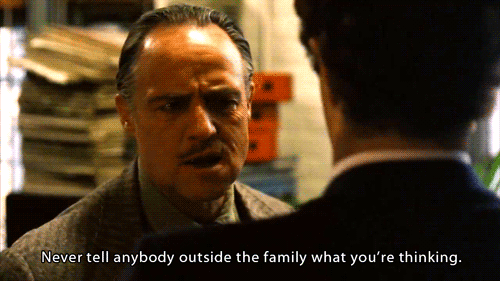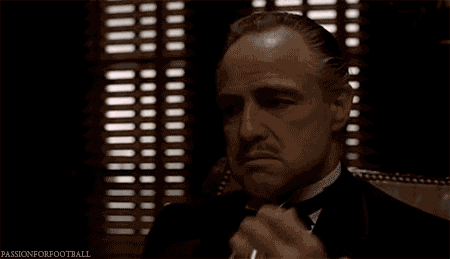 Earlier this month I took a vacation to see some friends in my old hometown of Nashville, TN; and I knew before I left that I had to find the perfect audio book to see me through the 12 hour round trip. I settled on Mario Puza’s classic The Godfather. I’m not sure why I was drawn to this title, but there it sat– nestled between several Neil Gaiman books read by the Brit himself, one or two celebrity memoirs (which I admit are a guilty audio book pleasure of mine), and some new fantasy titles.
Earlier this month I took a vacation to see some friends in my old hometown of Nashville, TN; and I knew before I left that I had to find the perfect audio book to see me through the 12 hour round trip. I settled on Mario Puza’s classic The Godfather. I’m not sure why I was drawn to this title, but there it sat– nestled between several Neil Gaiman books read by the Brit himself, one or two celebrity memoirs (which I admit are a guilty audio book pleasure of mine), and some new fantasy titles.
The Godfather. I don’t know what stars aligned in order for me to choose this book, but I’m glad that they did, because for the next two weeks it was all I could think about. I slept, ate, and breathed The Godfather. I cooked SO much spaghetti, inspired by fat Peter Clemenza’s constant home over a hot stove, shoveling pounds and pounds of pasta into the waiting mouths of the button men waiting in the Corleone kitchen for instructions from the Godfather. I gained a few pounds. I caught myself using lingo from the book, casually dropping into conversation phrases like “make his bones” and titles like “caporegime”. My friends were baffled. I was smitten.
If you spend enough time with this book, the rules of life as explained by the Corleone family don’t just start to seem logical, you find yourself vehemently hating who they hate and loving who they love. Vito Corleone becomes a man of character, an upright, understanding, and generous benefactor. Those who oppose his regime are devils in pinstripes, and you forget that both sides are carrying “cold”, untraceable weapons, ready to murder whoever gets in the way of business.
Because that’s all it is: business. Several times in the novel, cruel acts are explained away to murder victim’s families as “not personal”, and the mourners sadly nod in agreement. They know that it is just business that gunned down their sons, fathers, and friends; that they just didn’t play their cards correctly and these were the consequences.

The code of conduct that dictated the way the Sicilian mob families interacted with one another, how the family “businesses” were run, and what merited murder was based coldly on respect and favors returned. Puzo goes into great detail to describe the pyramid structure of the organized crime, the chain of command, and the legal and political ins and outs of keeping criminals out of prison (so many judges in so many pockets that Don Corleone must have been wearing cargo pants). With so much insider knowledge, I assumed that Puza had firsthand experience with organized crime, but as it turns out, that was not the case. He said, “‘I’m ashamed to admit that I wrote ‘The Godfather’ entirely from research. I never met a real honest-to-God gangster. I knew the gambling world pretty good, but that’s all.” [source]
Regardless of the source, the story is almost flawless. Spanning a full 15 hours on audio book, I was still in the meat of the book by the time I returned to Jackson; so my lunch breaks, evenings, and laundry time were consumed with the saga. When it ended, I shuddered with joy and sadness, wishing with all of my heart that I could stay forever.
[Sidebar: the movie is almost as good as the book. This is rare.]



Comments are closed.